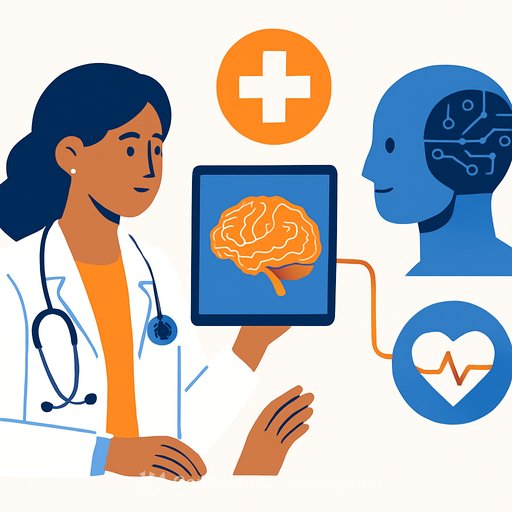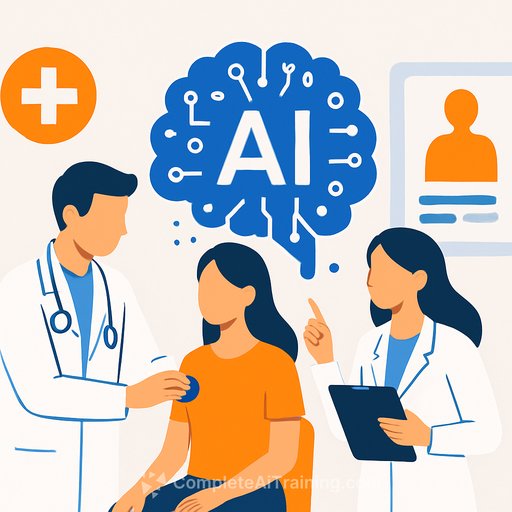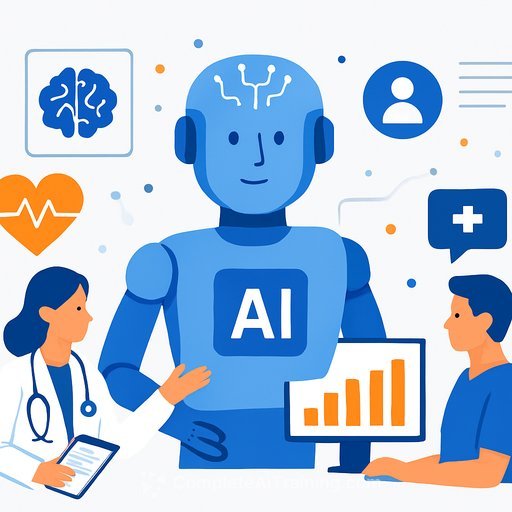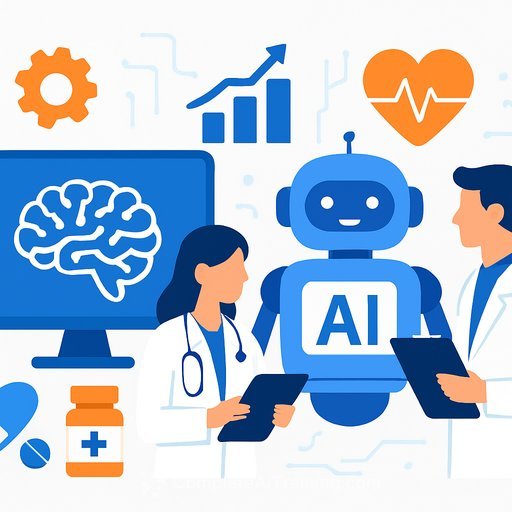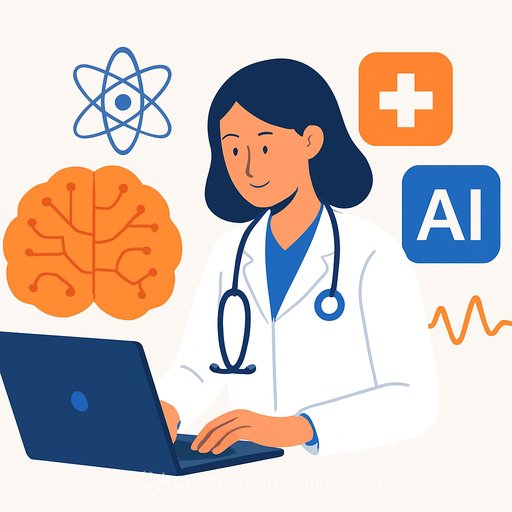Where AI Delivers Value in Healthcare and Where the Hype Falls Short
Rob Abbott, CEO of ISPOR, shares insights on how artificial intelligence (AI) is improving healthcare research and patient care, while underscoring the need for human oversight. In a recent discussion, Abbott explained how health economics and outcomes research (HEOR) is influencing how health systems and governments tackle rising drug costs. He pointed out the increasing role of real-world evidence, patient-centered methods, and AI in guiding value-based healthcare decisions.
Abbott also stressed the importance of collaboration among regulators, payers, academia, and industry to develop evidence-based policies and improve patient access to innovative treatments.
How AI Supports HEOR and Where Expectations Should be Managed
Abbott notes that excitement around AI is high, but so is concern about over-reliance on algorithms. He emphasizes that AI is a powerful tool but reminds us that human intelligence must remain central. Proper guardrails and oversight are essential.
In practical terms, AI is already making a difference. It can conduct systematic literature reviews and synthesize research findings much faster than human teams, saving weeks or even months. This efficiency is a significant advantage.
More importantly, AI can organize complex datasets, speed up analysis, and assist in personalized medicine. For example, a doctor could use AI-generated insights to customize treatment plans based on a patient’s unique data. This potential to enhance outcomes is promising, but human experts must verify AI’s conclusions to ensure they truly benefit patients.
Current Trends in HEOR and Healthcare Strategy
HEOR combines clinical trial results, real-world data, patient feedback, and economic analysis to assess medical treatments. This approach goes beyond traditional trials to evaluate how drugs perform in everyday care, influencing pricing and reimbursement decisions.
A major trend highlighted by ISPOR’s 2024–2025 report is the rising use of real-world evidence. Unlike controlled trials, real-world data capture patient outcomes and costs after drugs reach the market, which is crucial for policy and clinical decisions.
AI and digital health tools are also being adopted more broadly. These technologies help synthesize large volumes of literature, analyze complex data, and support efficient treatment planning.
That said, experts caution that AI must be used with human oversight to maintain patient-focused care.
Global Healthcare Challenges and Collaborative Solutions
While the US healthcare system leads in areas like cancer screening, vaccination, and medical technology, it faces challenges such as high costs, lack of universal coverage, and poorer outcomes in chronic disease management and life expectancy.
These challenges highlight the need to balance cost and quality in increasingly complex healthcare environments. Collaboration among governments, academic institutions, industry, and patient groups is essential.
Organizations like ISPOR, which include regulators, payers, patient advocates, and researchers, are working to build these partnerships. For example, pilot projects in Europe are aligning regulators and health technology assessment agencies to improve patient access to new therapies while balancing cost and effectiveness.
Conclusion
HEOR, real-world evidence, AI, and multi-stakeholder collaboration are key components in developing healthcare systems that are efficient, patient-centered, and cost-conscious.
For healthcare professionals looking to enhance their AI skills and knowledge, exploring specialized AI courses can provide practical tools to integrate these technologies effectively in their work. You can find relevant AI training options at Complete AI Training.
Your membership also unlocks:

